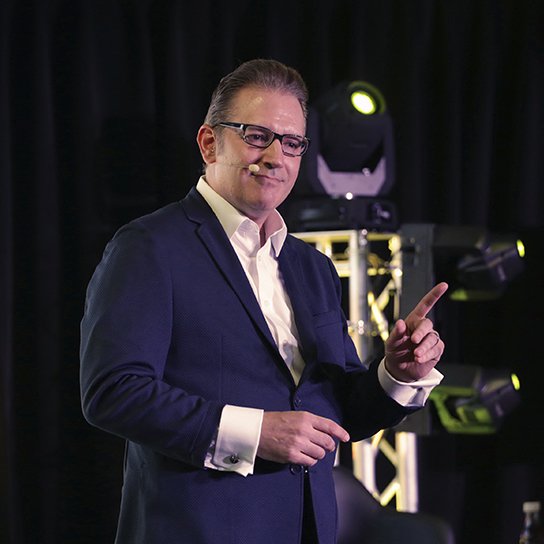Inclusive leadership is often described in terms of diversity: leaders who are able to welcome and even invite new ideas and new thinking from individuals with diverse backgrounds.
But inclusive leadership can also be about a willingness to embrace empathy in leadership—an ability to welcome and even invite people to share hard things. Uncomfortable feelings like grief are not usually seen as a vital part of high performing teams. But, in fact, empowering people means giving them a safe place to share as much of themselves as they wish.
High Performing Teams Make Room for Grief
This is especially true for teams and organizations going through change (which includes just about everyone).
There’s an entire profession focused on managing change. Yet, we rarely hear grief suggested as something that can and should be addressed.
Leaders readily acknowledge that people don’t like to change, and their solutions are usually related to communications. Maybe we need to be more clear about why the change is necessary (good idea). Or maybe we need to make that communication more interesting and attention-grabbing (also a good idea). But leaders rarely dig deeper to address why people don’t like change in the first place.
Bill Hulseman is an independent consultant who designs rituals, facilitates dialogue, and supports educators in developing school culture. He has a Master of Theological Studies in the comparative study of religion, and Master of Education in private school leadership, and has spent time as a teacher, campus minister, social action director and administrator in K-12 independent schools.
In a virtual meeting of members of the Leadership in the Age of Personalization consortium, he brought up something that is rarely acknowledged among leaders trying to enact change—whether organizational or personal.
“It's worth leaning into the question: Why do people dislike change?,” Bill asked. “The assumption is, ‘Oh, people just don't like change. But I heard educational leadership expert Harriette Thurber Rasmussen say once, ‘It's not that people fear or avoid change, it’s that change always comes with grief—and people avoid grief.’ Avoiding grief is a basic human instinct. So, if we're going to expect anything to change, we have to expect to accompany people through the grief that comes with change. And I don't think that gets communicated in any setting. When we’re able to anticipate that grief, we can change our orientation.”
Are people free to share their grief with you? Are you able to withstand the discomfort of sharing in someone else’s grief? Most leaders are not.
How Can You Support Mental Health in the Workplace by Honoring Grief?
Conduct an assessment within your team or organization:
- Does your change management process include two-way communication and invitations for people to be open about their fears and grief? Or is it just focused on top-down messaging to get everyone on board?
- Is it safe for people to tell you they’re anxious, depressed or in need?
- Can people make their own choices about what’s best for them in terms of mental health and work-life balance?
Don’t just ask the questions: report the results and make changes based on the feedback you get.
Want help with an assessment or with learning about leading with empathy? Use the free GLLG assessments, or take advantage of GLLG leadership training programs.









